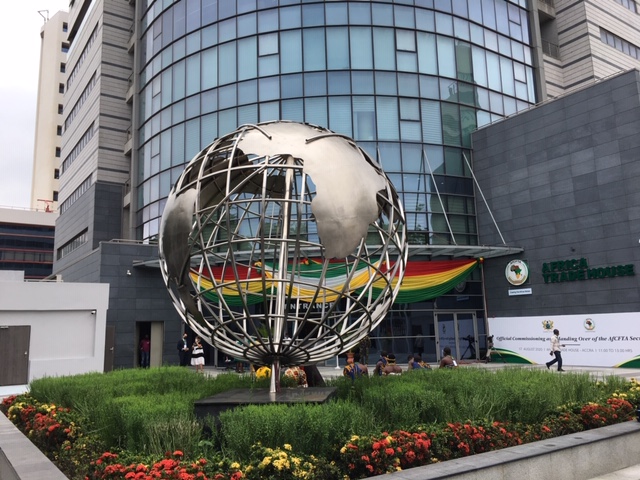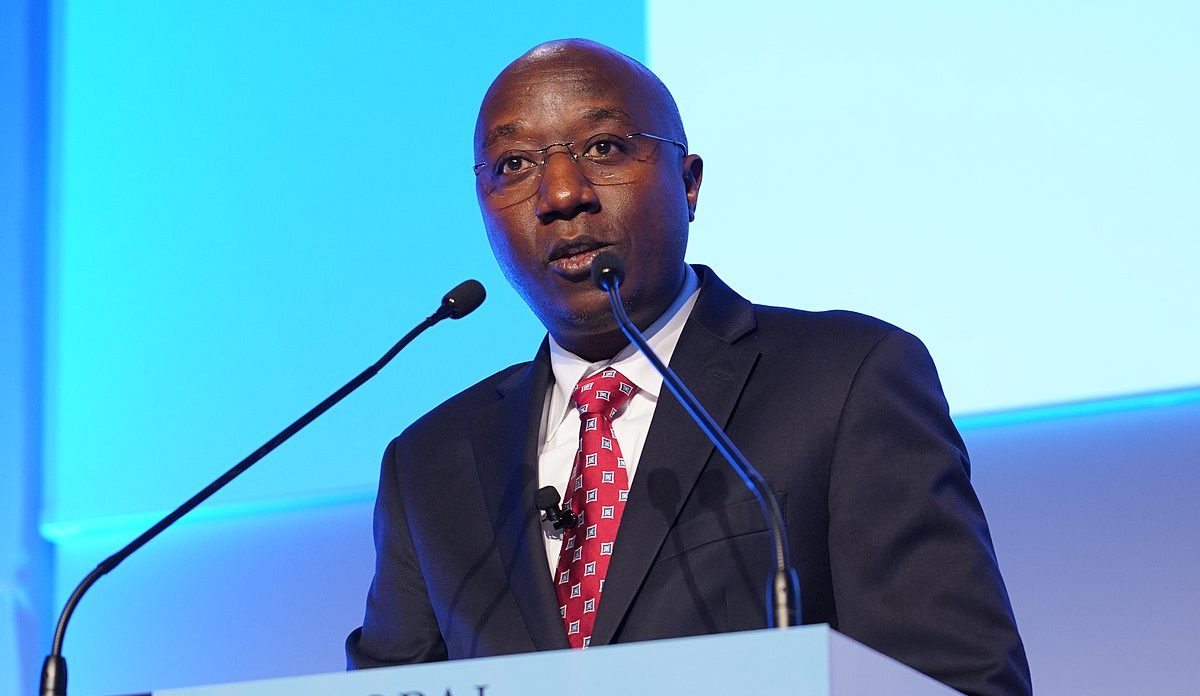Economic diversification has long been regarded as a policy goal for low- and middle-income countries. Christine Lagarde, then-Managing Director of the International Monetary Fund (IMF), said in a 2017 address regarding economic diversification in Africa, “To my mind, promoting economic diversification is akin to weaving a beautiful traditional fabric. What do I mean by that? I mean weaving an economic fabric that is more complex, more resilient, and more beneficial to all families and communities. We know that economic diversification is good for growth. Diversification is also very important for resilience. Similarly, Njuguna Ndung’u, the former governor of Kenya’s Central Bank, wrote in 2020, “Africa has made socioeconomic progress in the last two decades, but economic diversification would have laid a more solid foundation for accelerated development. Economies that are not diversified experience a decline in growth, accompanied by weak institutions, as well as stunted efforts at structural and economic transformation. Economies weakened by a lack of diversification are susceptible to global crises such as a pandemic. ”
Although most African countries have yet to achieve economic diversification, others are making headway. Mauritius, for example, has made considerable headway in transitioning its economy from a sugar-dependent one to a major financial services centre with thriving tourism, textile, apparel, and jewellery export industry. For instance, sugar currently represents roughly 5% of Mauritius’ exports, down from 98% in the 1970s. Botswana is working to diversify its economy by establishing diamond cutting, polishing, and marketing centres throughout the value chain. Kenya’s vibrant private sector is laying the groundwork for stronger growth in services such as finance, telecommunications, and tourism. Significant improvements to Rwanda’s business climate, as well as measures for economic and regional integration, are driving Rwanda’s efforts to diversify its economy. It has been successful in allocating considerable public resources to initiatives that promote development, enhance agricultural productivity, extend infrastructure investment, promote greater access to financial services, and stimulate higher-value economic activity.
The need for export diversification is frequently highlighted by recurrent boom and bust cycles in international commodity prices, as was the case in 2015 and, more recently, during the worldwide shock to oil supply and demand caused by the coronavirus epidemic. Saudi Arabia unveiled Vision 2030 in 2016, a historic strategy aimed at reducing the country’s reliance on oil by supporting the development of a strong private sector.
The problems linked with a lack of economic diversification on the African continent compound each other, making countries particularly vulnerable to external shocks. According to the International Monetary Fund’s Export Diversification Index (2020), Africa is home to eight of the world’s fifteen least diverse countries. Due to ongoing structural economic transformation problems, such as poor productivity growth and inadequate technological and industrial progress, Africa’s proportion of global goods exports remained essentially constant between 1998 (1.9 percent) and 2018 (2.5 percent). In addition, Africa has low intra-regional trade levels (17%), compared to Europe (69%), Asia (59%), and North America (31%); only the Middle East has a worse score. Many African countries trade with far-flung countries, particularly former colonial powers, rather than their neighbours, due to numerous considerations, such as tariffs and non-tariff obstacles.
Even with its enormous potential, Africa’s place in the global economy is sometimes unstable. Despite having 14 percent of the world’s population, countries in Sub-Saharan Africa contribute to only 2% of global economic activity. As the region’s population grows rapidly—it is expected to surpass 2 billion by 2050—so does its proportion of global poverty. According to World Bank estimates, Africa will house 90% of the world’s poorest people by 2030. The coronavirus pandemic is exacerbating an already severe situation, with an estimated 39 million people in Africa facing abject poverty by 2021. All of these bleak forecasts highlight the critical importance of developing robust, resilient, and diverse economies to guarantee that Africa realizes its promise of shared prosperity.
Economic diversification is increasingly acknowledged as important for economic development, particularly in low-income and resource-dependent nations, since it may help to drive economic growth and reduce poverty. Economic diversification is particularly important since, in most cases, it is followed by industrial upgrading as a result of technological diffusion and a shift toward higher-productivity industries and better-paying employment.
As a result, African governments, particularly those in the most vulnerable positions, must develop evidence-based policies and strategies that encourage economic diversity. Some of such strategies include:
- Financial inclusion, fueled by the digital revolution, is one strategy for fostering market integration and manufacturing activities at a considerably lower transaction cost. Agricultural production may also be boosted by digital platforms through timely payments for output, information exchange, and agro-industrial operations.
- Another strategy is to eliminate trade obstacles, particularly those that impede intra-African commerce as well as trade with other areas. Import and export policies, trade tariffs, and convoluted customs procedures are all examples of trade barriers. Thankfully, the African Continental Free Trade Area (AfCFTA) is anticipated to overcome these challenges.
- Increased local production, notably in the agro-industry, will also help to alleviate the effects of over-reliance on food imports from outside the continent. Each country’s comparative advantage and knowledge may be maximized.
- Countries can take actions such as strengthening institutional capacity and relying on renewable resources. Renewable energy sources will assist in minimizing the extraction of raw materials required to create electricity in gas and oil power plants.
These methods necessitate higher investment and capital injection—from the private, public, and foreign direct investment—into a variety of economic and infrastructure development projects that will decrease transaction costs and create a profit margin for the private sector.
To withstand the shocks of future crises, it is best to take a progressive approach to implementation.
Several African nations have indeed adopted strategic visions to guide their growth. Some, on the other hand, have failed to put in place the necessary policies and strategies to realize their visions, resulting in a loss of public and private sector trust.
Economic diversification and structural transformation are no longer debatable topics. In the aftermath of the epidemic, business as usual will further exacerbate economic suffering.
The critical question is how quickly countries can formulate and implement policies to aid rapid recovery as well as insulate against future fragility. History has shown that it is easy to introduce reforms during a crisis like the current one. Africans must act fast.
For Africa’s future, economic diversification will be a game-changer. It is not going to happen overnight. It’s a long-term process that builds on existing assets, expands underlying capabilities, and works best in conjunction with long-term goals and policies. Diversification policies should emphasize the creation of favourable macroeconomic and business conditions, strong institutional frameworks, human capital development, and conducive infrastructure. This will help the private sector to extend its operations, seize new possibilities, and accelerate the transition from commodity dependency to the active economic diversification that is very much required. And now is the time to diversify!


